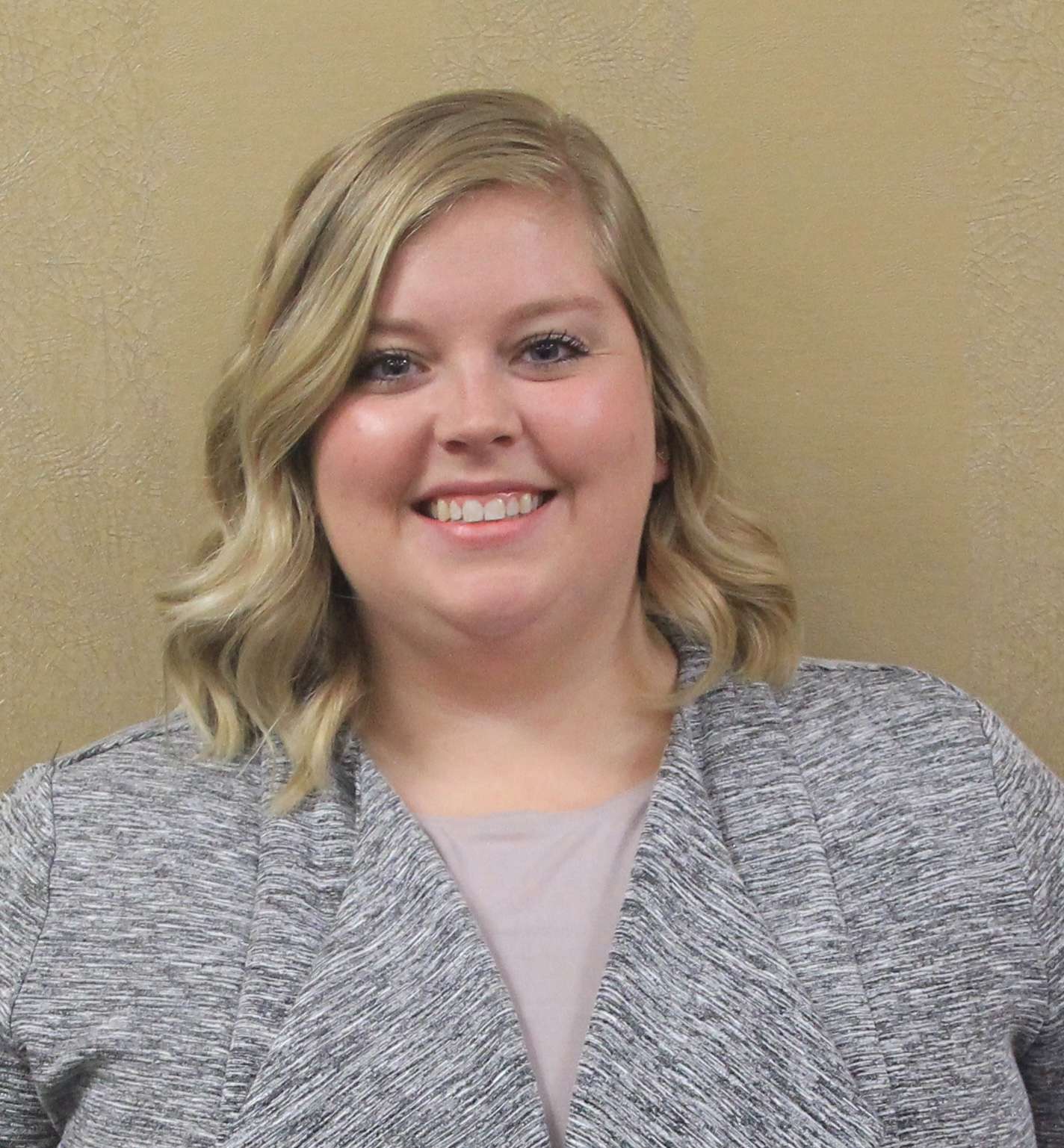
In February, United WE released a report highlighting the growing gender inequalities in our state, particularly in healthcare.
Last week, state lawmakers made a small step towards progress on this issue.
The newest budget funds an extension to KanCare, the state’s Medicaid program, for postpartum health coverage.

KanCare’s postpartum coverage was extended from 60 days to 12 months.Previously, there had been a temporary expansion of coverage under federal COVID policy.
This policy change is the result of lobbying efforts by a coalition of Kansas maternal health stakeholders to make the temporary extension permanent.
The Kaiser Family Foundation reports that about 30% of births last year were covered by KanCare.
Additionally, the percentage of working age women in Kansas without health insurance coverage increased by 10% from 2018-2019 and is higher than the national average. The number of women in poverty without health insurance is on the rise in Kansas, while the rest of the country decreases.
The KanCare extension provides much needed, and potentially lifesaving, postpartum healthcare coverage for Kansas women.
There has been a steady increase in the prevalence of severe health complications as an unintended outcome of pregnancy, labor, and delivery among Kansas women. Between 2016-2019, the number of severe complications increased nearly 5% each year.
The Kansas Maternal Mortality Review Committee found that between 2016-2018, an alarming 92% of pregnancy-associated mortalities were preventable. Over 47% of these deaths occurred 43 days to one year after the end of the pregnancy. A period now covered under KanCare’spostpartum expansion.
According to the March of Dimes, women living in poverty and women of color are more likely to experience maternal physical and mental health conditions and are less likely to get help due to lack of healthcare access. KanCare expansion has the potential to close that gap.
As of 2020, March of Dimes found 45 counties in Kansas to be maternity care deserts. An additional 24 counties have low access to maternity care. Those counties are home to over 93,000 women, ages 15-44.
Healthcare may still be out of reach for a sizeable number of low-income women in Kansas, butfor the women now covered under the expansion, those 12 months of coverage could quite possibly be the difference between life and death.
Additionally, a 2017 study by the American Academy of Pediatrics, found that parental enrollment in Medicaid is associated with a 29% higher likelihood a child will receive annual well-child visits.
Maternal health advocates — both providers and private citizens — made this KanCareexpansion happen by lobbying state lawmakers to address the growing maternal health crisis.
For a political scientist and eternal optimist like myself, it’s heartening to see civic virtue in action.
So many of our state’s citizens are disillusioned with politics and government at every level.
For many, government never does enough to address citizen concerns. They never do it fast enough. And they never do exactly what is wanted, or even needed. Their work is often filled with half measures and compromises. But in a few instances, like this one, we see average people stepping up and pressuring policymakers for much needed change.
I hope this serves as an example to Kansas’ citizens, especially our young people, that government can make good policy that isn’t dragged down by partisan bickering and in-fighting. Sometimes it just takes a little civic virtue and grassroots advocacy.
Alexandra Middlewood, PhD is an Assistant Professor of Political Science at Wichita State University.






